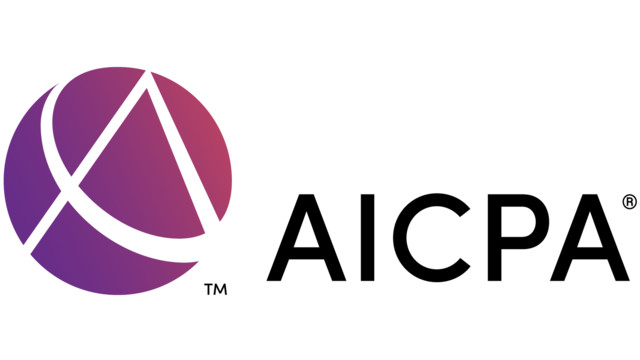AICPA News is a roundup of recent announcements from the AICPA.
Global Coalition Issues Guidance on Adopting a Long-Term Value Creation Agenda
To support businesses in this uncertain environment, the International Federation of Accountants (IFAC), International Integrated Reporting Council (IIRC), the Association of International Certified Professional Accountants (AICPA) and the Chartered Institute of Management Accountants (CIMA) have released new guidance for Chief Financial Officers (CFOs) and finance teams to navigate their organizations toward long-term value creation.
The report contains actionable insights for CFOs, finance teams, and other business leaders to sharpen their perspective on value creation beyond the financials, including how to:
- Understand the value creation process
- Identify principal opportunities and risks related to the organization’s strategy and business model
- Develop an integrated view of performance and value, incorporating balance sheet, business, and societal perspectives; and
- Drive priorities for value creation into decision making and reporting.
The approach outlined in this report helps CFOs and finance teams to think about how to ensure that all relevant information around performance, opportunities, risks, and trade-offs are available to internal decision-makers, investors, and other capital providers.
CARES Act Causes Unexpected Valuation Considerations
The COVID-19 pandemic and federal Coronavirus Aid, Relief and Economic Stimulus (CARES) Act are having a major impact on business valuations, affecting large companies to small, Main Street businesses. Those valuation changes can have major financial implications for divorcing couples, estate planning, those looking to buy or sell a business, or becoming an equity partners in an enterprise.
The CARES Act added other considerations into the mix. Changes to tax laws can create one-time surges in cash flow, while the Paycheck Protection Program is providing additional funding, much of which will not have to be repaid if conditions are met. These efforts have helped many businesses stay afloat but may not be enough to maintain or enhance their value.
The business of breaking up
For the approximately 800,000 couples who get divorced each year, they are looking at major potential changes in the value of their real estate, investment portfolios or jointly owned business interest, and this could alter how much one must pay the other in the divorce settlement.
Recent economic changes may have reduced the values of their home, shared investments or businesses, and it may be many years before the values of those assets return. Depending on how those assets are divided, one spouse may be set up for a bigger rebound in the future or paying more than they should. Divorcing couples should look at their settlement plans to determine whether they need to consider re-valuing their jointly held assets before concluding the dissolution of their marriage.
Estate considerations
For those managing large estates, now may be an opportune time to transfer ownership stakes of a business, real estate or investment holding company to family members or a trust. The IRS limits your lifetime giving exemption to $11.4 million.
Investment holders who have been considering passing their holdings on to family members or a trust can take advantage of the current lower valuations to transfer more shares or a greater percentage of their ownership stake and stay under IRS limitations.
Buying or selling a business
It’s more of a mixed bag for people looking to buy into or sell a business.
For those looking to buy into a business, now may seem like an ideal opportunity, as one can get in at a lower cost. But it can be more complicated than that, depending on the type of business and other equity partners.
For those looking to sell a business, they have to weigh several factors, including a potentially reduced sales price resulting in a lower tax bill on the sale and how fast they need to get out.
Updated Standard on Accounting Estimates and Disclosures for Auditors
The American Institute of CPAs (AICPA) Auditing Standards Board (ASB) has issued Statement on Auditing Standards No. 143, Auditing Accounting Estimates and Related Disclosures, to supersede SAS No. 122 section 540, Auditing Accounting Estimates, Including Fair Value Accounting Estimates, and Related Disclosures, and amend various other AU-C sections in AICPA Professional Standards.
SAS No. 143 is one piece of a larger project to enhance audit quality (see the AICPA’s Enhancing Audit Quality Initiative). It enables auditors to address today’s new accounting standards and to enhance the auditor’s focus on factors driving estimation uncertainty and potential management bias.
SAS No. 143 becomes effective for audits of financial statements for periods ending on or after December 15, 2023.
Coronavirus Drops Americans’ Financial Satisfaction
As Americans continue to endure the economic impact of the COVID-19 pandemic, financial satisfaction continues to fall from its recent all-time high. The AICPA’s Q2 2020 Personal Financial Satisfaction index (PFSi) measures 15.2, a 55 percent (18.5 point) decrease from the previous quarter. This is the PFSi’s largest quarterly drop in the history of the index.
Thanks for reading CPA Practice Advisor!
Subscribe Already registered? Log In
Need more information? Read the FAQs




